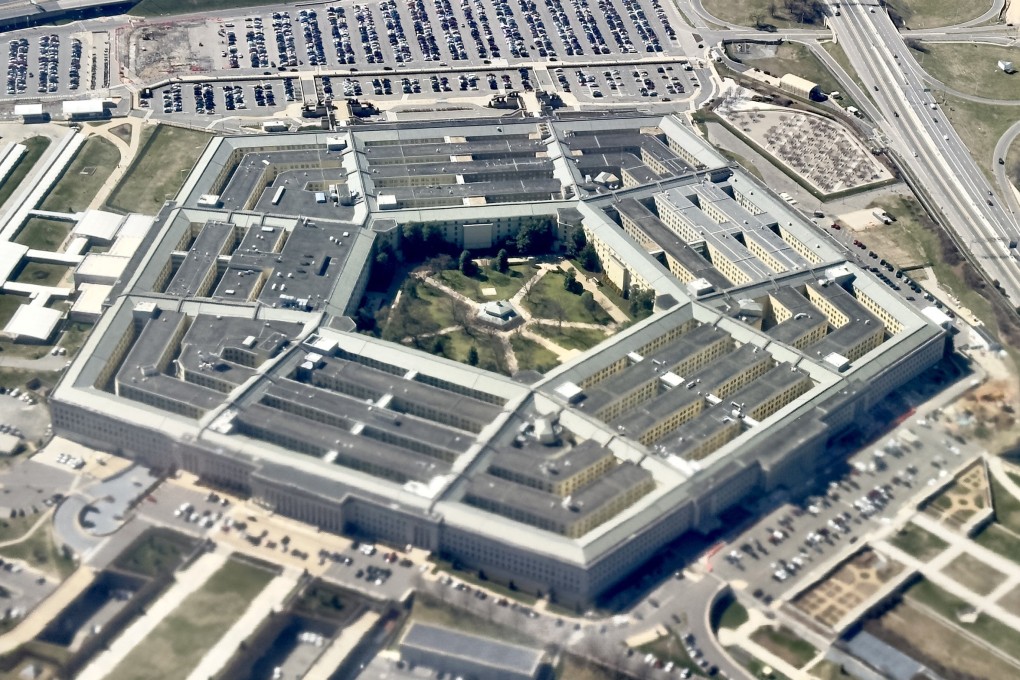My Take | The three reality inversions of America
- ‘Inverted totalitarianism’, a network of global military bases and trillion-plus-dollar Pentagon budget are not features of a democratic republic, but those of an empire that dares not speak its name

After the 9/11 terrorist attacks on the United States, many Americans asked, “Why do they hate us?” Then-president George W. Bush responded with a simple and galvanising answer: “They hate our freedom.” Meanwhile, many Americans started popularising the saying, “freedom is not free”, meaning you must be ready and willing to defend it, with your life if need be.
It’s a fascinating idea, so much as you might be inclined to ask what kind of “freedom” this is such that it provokes murderous hatred among other people – to want to kill and snuff it out.
But what the American governing elites call freedom is not necessarily what ordinary Americans mean by the word. Most likely, the elites equate it with American power. I think this distinction brings us closer to an answer as to why much of the world actually doesn’t hate the US. What they do hate or rather fear is American power, which is all the more frightful because those who wield it seem not to fully understand it, but rather buy into their own mythmaking. Just like lies, the most convincing propaganda is one in which the propagandist himself believes.
I will break this down into three myths, whose realities are actually their inversions. I will further argue they are especially relevant because all three myths are again propagandised to prepare for a cold, and possibly hot war with China.
1. America is not a liberal democracy, its supposed “soft power”, but a “managed” democracy or what has been called a system of inverted totalitarianism.
2. The “hard power” of US military presence around the world doesn’t deter enemies, reassure allies, and enable rapid response during crises but rather provokes global animosity and encourages disastrous US intervention.
